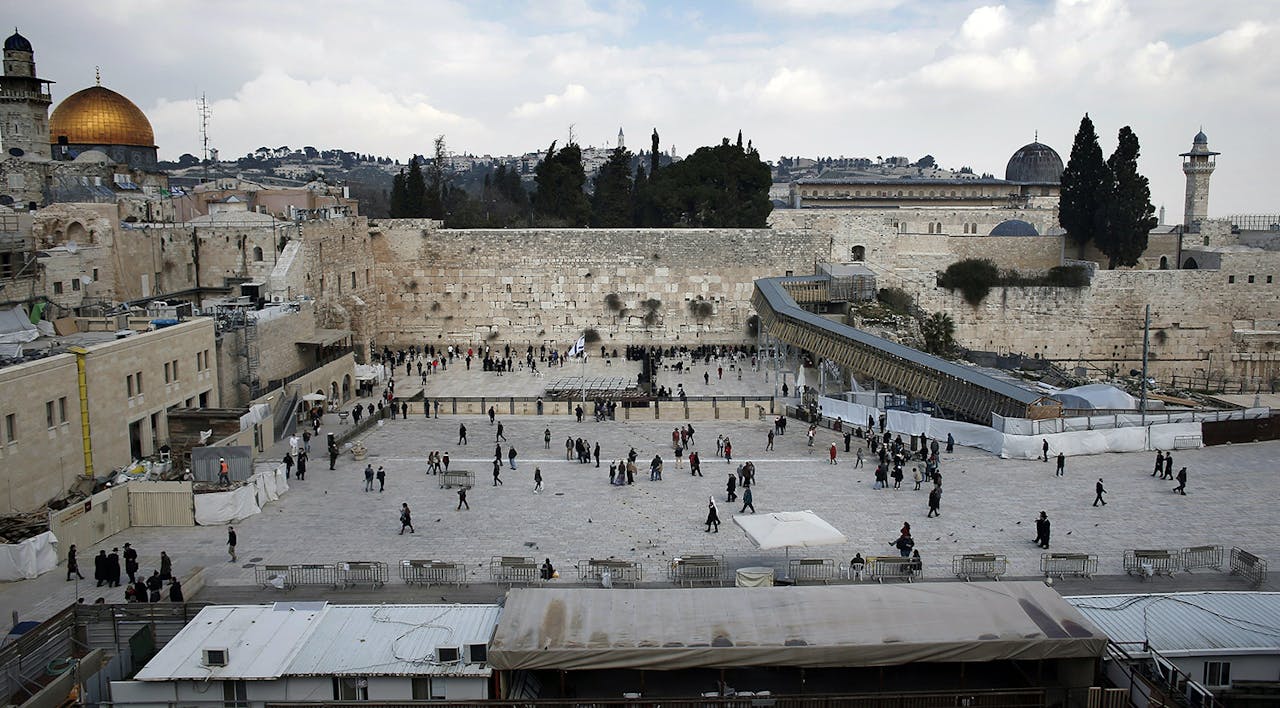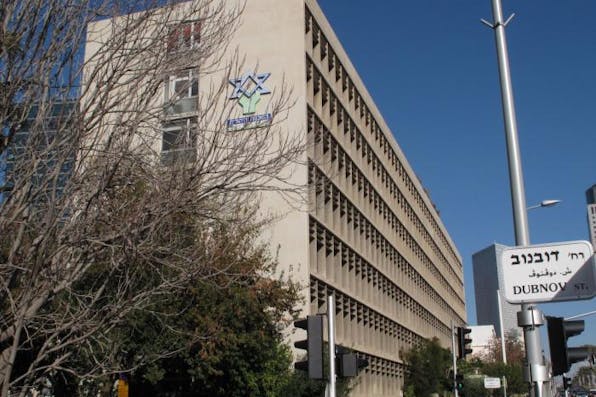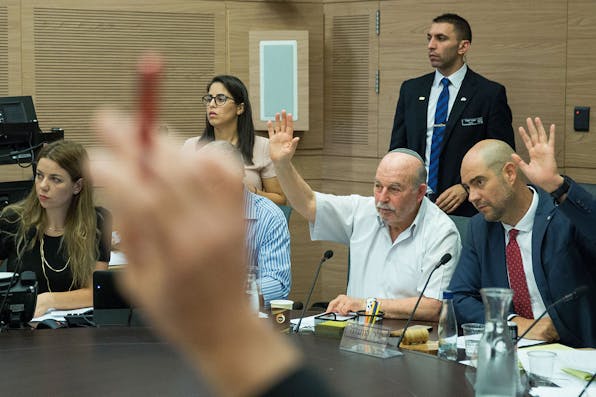
July 2018
Can American and Israeli Jews Stay Together as One People?
Long-festering strains between the world’s two largest communities jeopardize the prospects of a shared Jewish future. Here’s a way forward.
In its recently released survey comparing Jewish opinion in the U.S. and Israel, the American Jewish Committee (AJC) once again confirmed the growing gulf between the world’s two largest Jewish communities. In key areas ranging from politics to public prayer, from prime ministers to presidents, from peoplehood to peace processing, large gaps separate American Jews from their Israeli counterparts. Worried stories in the press followed the report’s release, with one essay ominously concluding: “The End of the Jewish People Is Here.”
And yet, the survey also testified to something else: 66 percent of American Jews and 78 percent of Israelis describe each other as “siblings,” “first cousins,” or “extended family.” What is more, they assert a sense of common destiny: roughly three-quarters of American and Israeli Jews see the success of both communities as vital to Jewish survival.
Here, then, is an up-to-date snapshot of the Jewish people: clashing frequently, arguing intensely, but for the most part unwilling to call it quits. In some ways, of course, this is nothing new. But however familiar it may be historically, it has taken on today an acutely bifurcated character. Thus, to put a complex phenomenon somewhat reductively, just as most Israelis saw Barack Obama’s Iran policy as an existential threat to their survival in the Middle East, most American Jews see Donald Trump’s presidency as an existential threat to their survival as a welcomed minority in a stable, tolerant United States.
Responses to July ’s Essay

July 2018
Does Such an Entity as “the Jewish People” Still Exist?
By Allan Arkush
July 2018
Who Speaks for American Jews Now?
By Elliott Abrams
July 2018
For the Sake of Any Future Dialogue, Israeli and Diaspora Jews Need First to Define Who They Are
By Michael Oren
July 2018
The Answer to the Israel-Diaspora Malady Lies Not in Better Organizations But in More Committed Jews
By Ammiel Hirsch
July 2018
The Weakest Link
By Natan Sharansky, Gil Troy